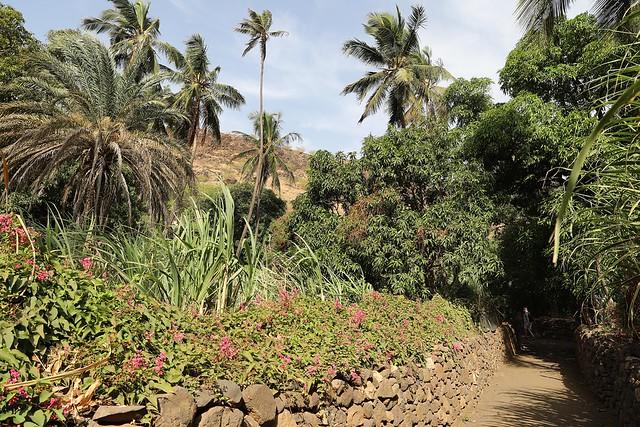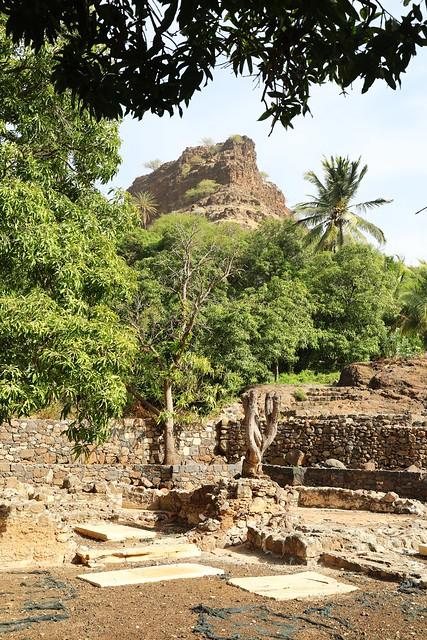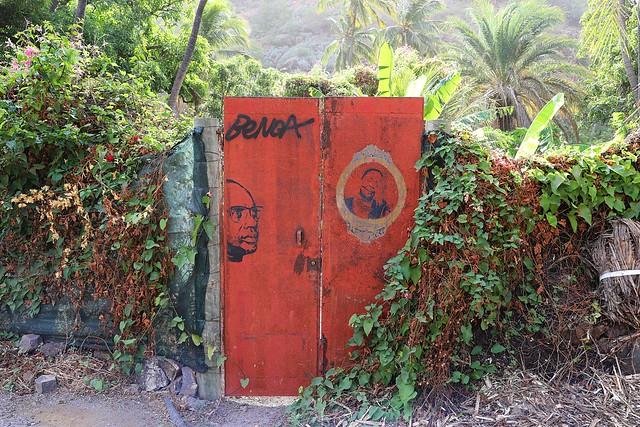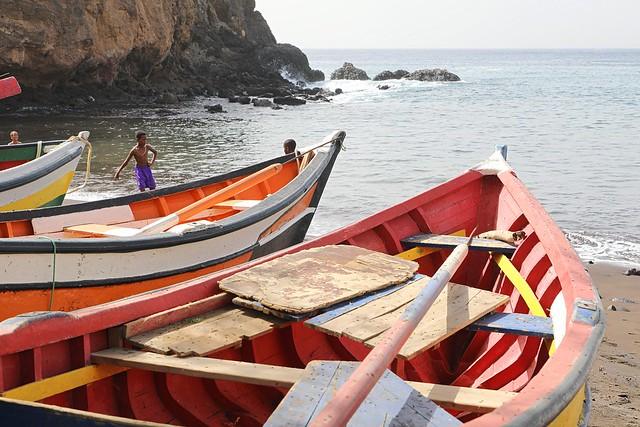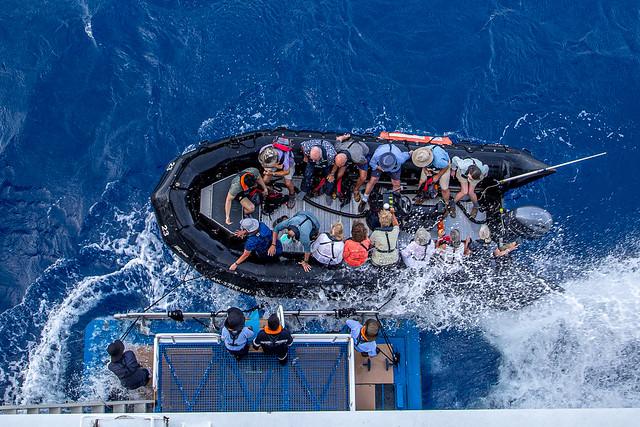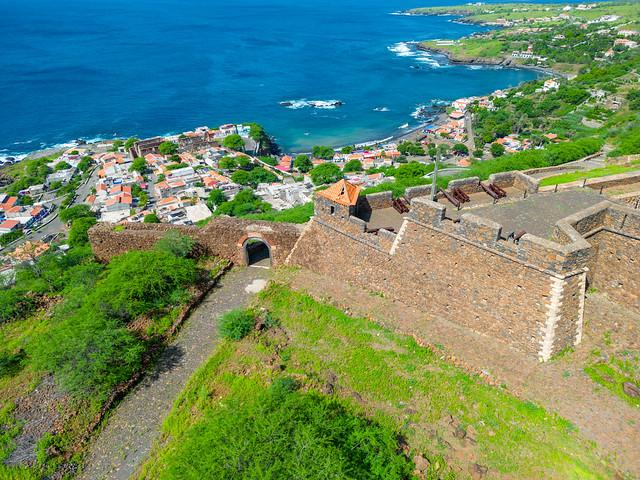Ribeira Grande de Santiago
Overview
Ribeira Grande de Santiago is a captivating region located on Santiago, the largest island of Cape Verde. This area is steeped in history and culture, making it a unique destination for travelers. It is famously home to Cidade Velha, the oldest settlement in the archipelago and a UNESCO World Heritage site, which showcases well-preserved colonial architecture and historical sites like the 16th-century royal fort and the oldest colonial church in the world. The culture of Ribeira Grande de Santiago is a vibrant blend of African and Portuguese influences, apparent in its music, dance, and cuisine. The region offers a distinctly authentic experience, allowing visitors to immerse themselves in local traditions and the peaceful rural life that characterizes much of Cape Verde.
The high season for tourism in Ribeira Grande de Santiago runs from November to March, coinciding with the dry season when the weather is most pleasant. Temperatures during this period are warm but comfortable, typically ranging from 20°C to 25°C (68°F to 77°F), making it ideal for exploring and participating in outdoor activities. Visitors can enjoy hiking through the lush valleys and hills, exploring historical sites, and participating in cultural festivals that are vibrant with music, dance, and local food. The nearby beaches also offer opportunities for swimming and relaxing by the sea, although the Atlantic waters can be quite brisk.
Before visiting Ribeira Grande de Santiago, travelers should prepare adequately to ensure a smooth trip. It is advisable to pack lightweight clothing suitable for warm weather but also bring a few layers for cooler evenings. Comfortable walking shoes are a must for exploring the cobbled streets of Cidade Velha and the rugged terrain around the island. Sun protection, including sunscreen, a hat, and sunglasses, is essential. Additionally, visitors should ensure they have all necessary travel documents and vaccinations required for entry into Cape Verde. Learning a few phrases in Portuguese can be helpful, as it is the official language, although many locals also speak Cape Verdean Creole. Lastly, since the region is still developing in terms of tourism infrastructure, carrying cash is recommended as not all places accept credit cards.
How It Becomes to This
History not available

You May Like
Explore other interesting states in Cape Verde
Discover More Area
Delve into more destinations within this state and uncover hidden gems.


